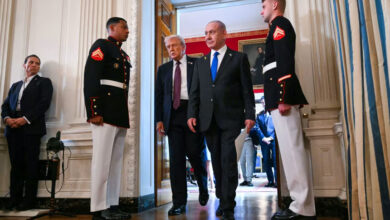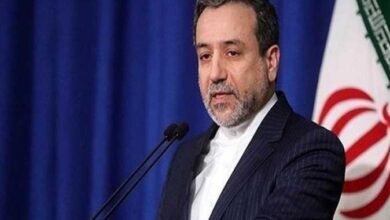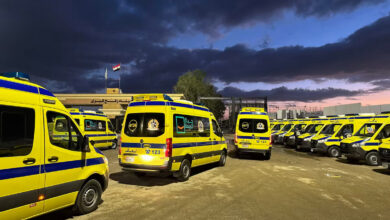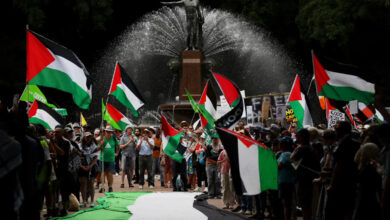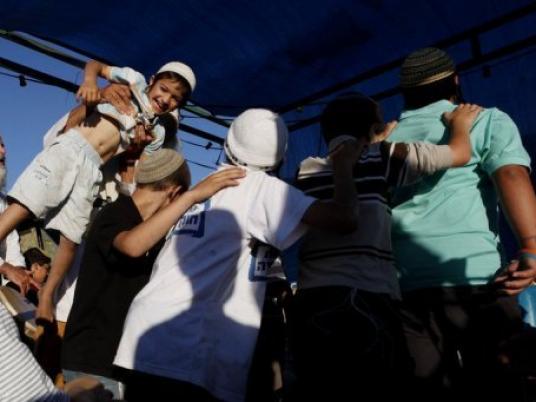
Israeli police said Thursday they arrested five people suspected of demolishing a military base in an extremist settlement in the West Bank, the latest attack against security forces by hardliners.
The suspects, all males aged 16-29, were arrested for involvement in Tuesday's vandalism in the northern West Bank settlement of Yitzhar, police spokesman Micky Rosenfeld told AFP.
Another three suspects were in custody, two for the same attack and a third minor for throwing stones at soldiers patrolling the settlement, Rosenfeld said.
On Sunday, the tyres of a vehicle belonging to a military commander visiting Yitzhar were slashed, and on Monday night, stone-throwing by settlers injured six border guards as soldiers helped to demolish a wildcat settlement outpost nearby.
The incident prompted Defence Minister Moshe Yaalon to warn that any further violence against security personnel would be dealt with severely, and Prime Minister Benjamin Netanyahu also urged a "strong response to these… acts of hooliganism".
Also on Thursday, the army said it would not allow a march to the site of an evacuated settlement go ahead as planned next week.
"Following an assessment of the IDF's (Israel Defence Forces) ability to allocate the required forces necessary to provide security, the decision was made not to approve the march to Homesh," a statement from the military said.
But settlers accused the army of punishing Yitzhar residents for the actions of a few wayward individuals.
"The army told us it was cancelling Homesh following the Yitzhar incidents," a spokeswoman for the Samaria regional council, which covers northern West Bank settlements including Yitzhar, told AFP.
"It is inconceivable that the Samaria council and the entire settler populace has to pay a price over the deeds of a few outlaws, who should be arrested by police."
The northern West Bank settlement of Homesh was built on land confiscated from Palestinians in 1978, and evacuated of settlers in 2005. The Israeli military said in September the land was due to be returned to its Palestinian owners in the village of Burka.

